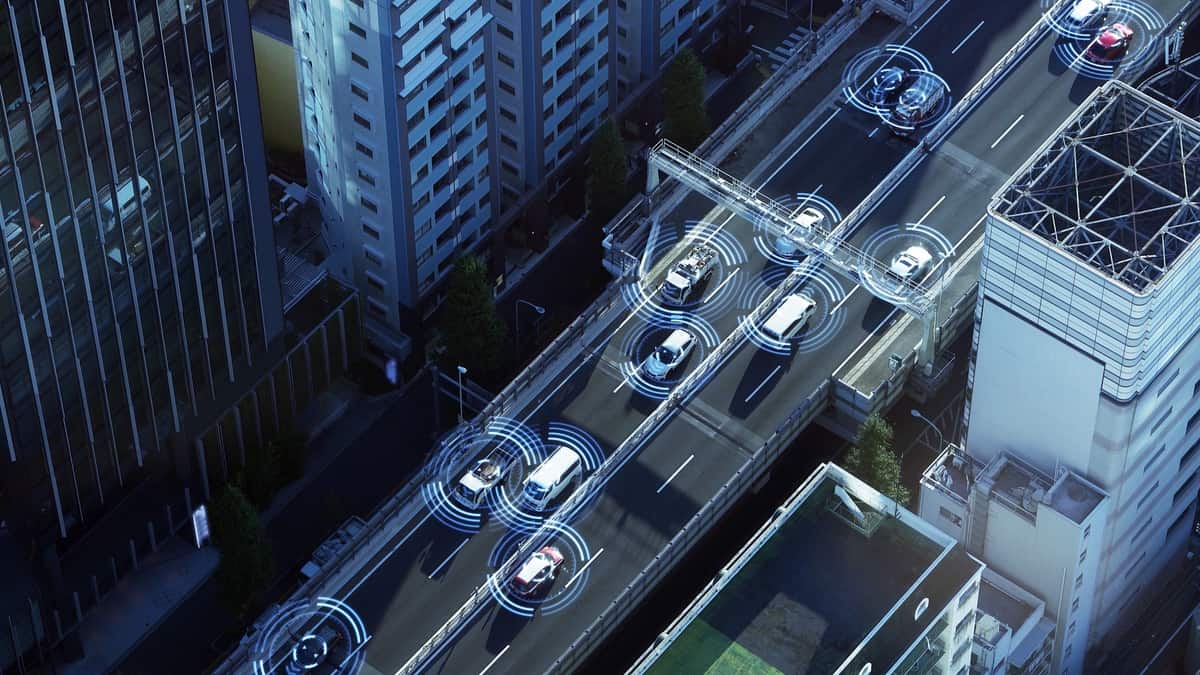A startup called Jidu Automotive, supported by Chinese automaker Geely and AI giant Baidu, officially launched an autonomous electric car, according to Fudzilla.
Known as the Robo-01 Lunar Edition, the model will go on sale next year for $55,000.
Robo-01 Lunar Edition
The car has two lidars, 12 ultrasonic sensors, 12 high-definition cameras, a 5-millimeter-range radar, and AI-assisted voice recognition, with voice response speeds within 700 milliseconds, based on its Qualcomm Snapdragon 8295 chip.
The company did its best to market the autonomous car as a robot instead of just a vehicle. Jidu CEO Joe Xia believes the car will be the standard for self-driving cars.
Level 4 autonomous driving
It’s unclear how autonomous the car will be. In January this year, Baidu and Jidu said the vehicle would have Level 4 autonomous driving capability, which doesn’t need a human driver.
However, the press release did not mention Level 4, only saying that the car offers “high-level autonomous driving. “
Last September, Baidu co-founder and CEO Robin Li said that lower levels of autonomy protect car companies from liability in any event of a crash because the driver is anticipated to be in control. With Level 4, the car manufacturer or the “robotaxi” service operator using the car would be at fault.
Baidu says its self-driving package, Apollo, comes with Level 4 capabilities, which includes a Point-to-Point Autopilot designed to handle city street, highway, and parking scenarios. Jidu is conducting further tests in Shanghai and Beijing to ensure that its Point-to-Point Autopilot will cover all of China’s major cities.
Chinese regulations allow Level 4 in robotaxis that works within designated geofenced places. Apollo has shown what it could do in Baidu’s Apollo Go robotaxis, which delivered over 1 million rides in at least ten cities in China.
Recently, Baidu unveiled its latest autonomous robotaxi, the Apollo RT6 Level 4, with a detachable steering wheel. Additionally, the absence of a steering wheel is a “statement.” It frees up cabin space for additional seating or even gaming consoles, vending machines, and desktops.
Theoretically, the half-moon of a steering wheel can fold up, making way for a cockpit seat with no window obstructions, once full self-driving is finally allowed on China’s roads, says Baidu.

